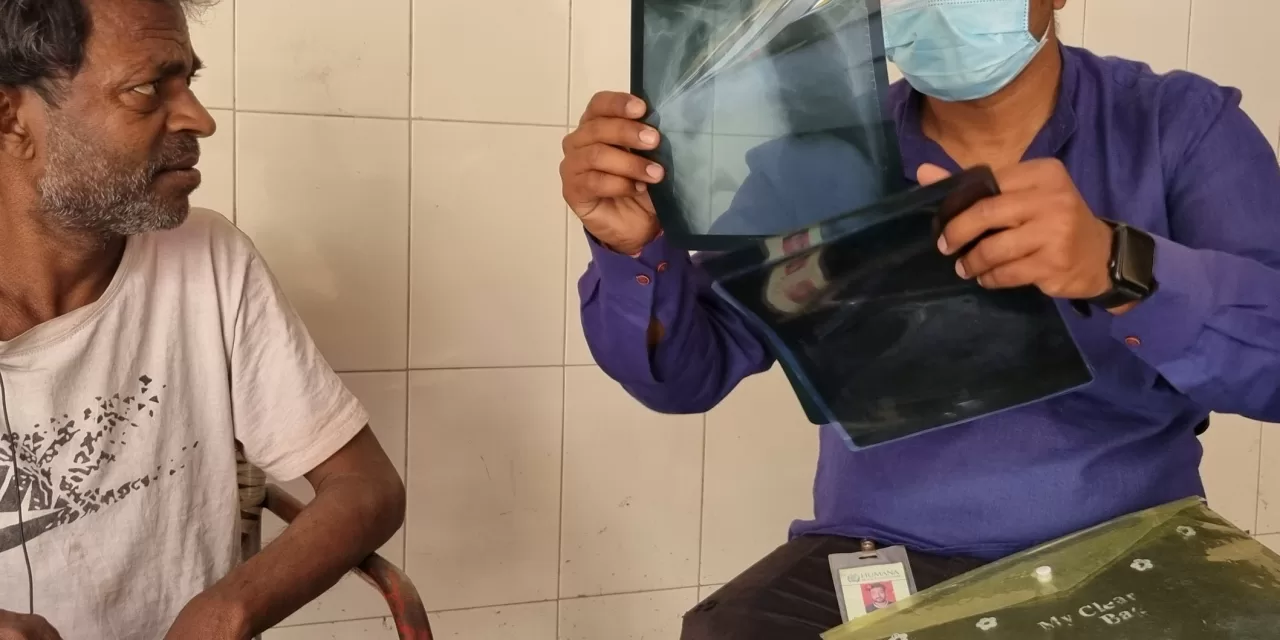A landmark clinical trial has demonstrated that the oral antibiotic levofloxacin, when taken once daily for six months, is both safe and highly effective in reducing the risk of developing drug-resistant tuberculosis (TB). Published in the New England Journal of Medicine, the study revealed that levofloxacin cut the risk of developing multidrug-resistant TB (MDR-TB) in adults and children by almost half.
MDR-TB is a major global health threat, responsible for over 400,000 cases annually. It remains notoriously difficult to treat, with poorer outcomes compared to drug-susceptible TB. The findings of the trial, led by Professor Gregory Fox from the University of Sydney’s Woolcock Institute of Medical Research, offer a new solution for preventing the spread of this dangerous infection.
“Multidrug-resistant TB is a significant global health challenge, and the ability to prevent its spread will change how we manage TB risks in both Australia and worldwide,” said Professor Fox, who directed the VQUIN trial, conducted in collaboration with the Vietnam Tuberculosis Program.
The trial involved 2,041 family members of individuals diagnosed with drug-resistant TB. These participants, living in high-risk regions of Vietnam, had early-stage TB that had not yet developed into active disease. Over the course of six months, half of the participants were given levofloxacin, while the other half received a placebo. Participants were then monitored for 30 months to assess the development of MDR-TB.
Results showed that levofloxacin significantly reduced the risk of developing MDR-TB by 45% in adults and adolescents. The study’s findings were further supported by the TB-CHAMP trial in South Africa, which also tested levofloxacin in children, confirming its preventive efficacy across both populations. Together, these studies demonstrate that levofloxacin could be a key tool in halting the spread of MDR-TB within households and communities.
Professor Ben Marais, a Chief Investigator from the University of Sydney, highlighted the broader impact of the findings, noting that children, often the most vulnerable to TB, have been historically neglected in MDR-TB prevention. “By safeguarding family members, we not only protect their health but also alleviate economic and mental health burdens,” he stated.
Levofloxacin was well-tolerated by both adults and children, with no significant safety concerns raised during the trial. The results mark a significant advancement in the fight against MDR-TB, which has long been a costly and complex disease to treat. The World Health Organization (WHO) adopted new guidelines for MDR-TB preventive therapy in September 2024, directly informed by the VQUIN trial’s findings.
The trial’s success in preventing the progression to MDR-TB marks a critical step forward in the global effort to combat tuberculosis. With over 400,000 people developing MDR-TB each year, this breakthrough offers hope for reducing the incidence of one of the world’s deadliest diseases, particularly in countries with high rates of drug resistance like Vietnam and South Africa.
In the coming months, the study’s findings are expected to influence treatment protocols worldwide, with both economic and health benefits extending well beyond the trial participants.
For more detailed information, the full study is available in the New England Journal of Medicine (2024) and NEJM Evidence (2024).











